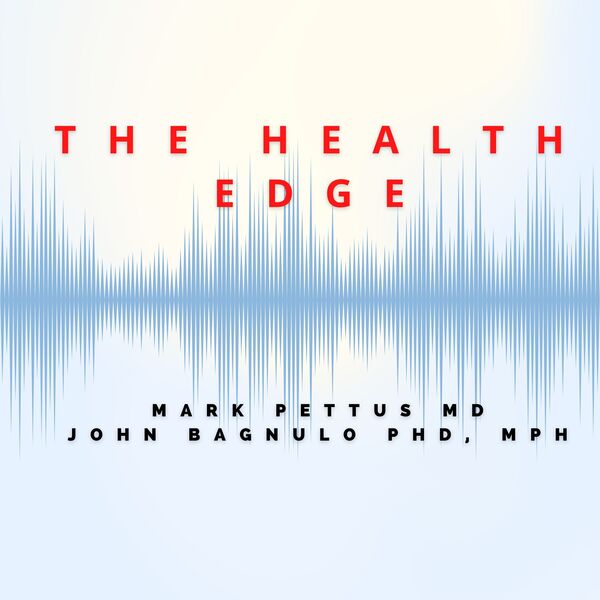In this repeat recording John and Mark discuss the growing and largely under recognized problem of iodine deficiency. The explore the connection between iodine deficiency and human health with an emphasis on thyroid disease. An overview of testing and lifestyle-supplement strategy.


7 thoughts on “The Health Edge: Iodine Deficiency”